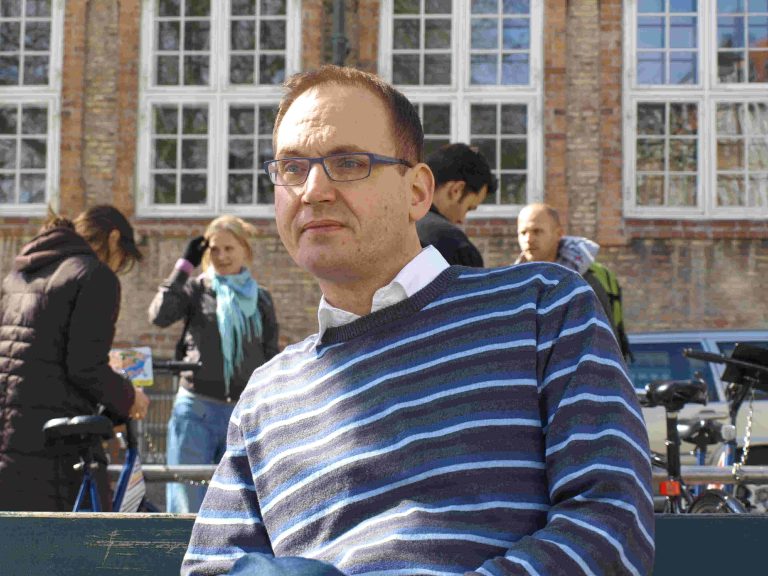President Ma is a political outlier that breaks with the historical trend in Taiwan argues Michael Danielsen in Taipei Times. Ma’s policies give support for the One China policy of EU and USA but the historical trend goes toward a common Taiwanese identity and democratic development. Ma is the one breaking with history by adopting policies that hurt Taiwan’s international status.
By Michael Danielsen
This article was published in the Taipei Times on December 4. 2011. The article can be found here….
If the Democratic Progressive Party’s (DPP) Tsai Ing-wen (蔡英文) is elected Taiwan’s next president on Jan. 14, the nation would be politically zigzagging rather than choosing to continue the stable and peaceful development achieved under President Ma Ying-jeou (馬英九). At least that is the argument doing the rounds in the international community, and it displays a worrying lack of historical memory of even recent events in Taiwan.
A reality check reveals that the zigzagging started with Ma’s election victory in 2008 and his failure to live up to the expectations of Taiwanese.
Over the past almost four years, Ma has been a handy tool for China and the international community to keep the unification dream alive. Observers have been able to argue that Ma’s big election win in 2008 is evidence that Taiwanese support his China-leaning policies. By extension, Taiwanese must therefore support the “one China” policy of Europe and the US, which is part of the inevitable trend toward the unification of Taiwan and China. Nothing could be more wrong.
When set against growing awareness of a common Taiwanese identity originating from a variety of factors, such as the nation’s distinctive history and unique society, Ma’s policies are not part of an inevitable trend, but rather an obvious political outlier.
Ma considers Taiwan to be a region of China and himself president of Taiwan and China. If this view and his domestic policies represented a significant and robust political consensus in Taiwan, the most recent polls would not have him trailing Tsai in what has been an otherwise tight race.
The real historical trend has a far longer provenance. Former presidents Lee Teng-hui (李登輝) and Chen Shui-bian (陳水扁) supported and encouraged, in their own fashions, the pursuit of a common and unique Taiwanese identity, independence and democratic development. This trend is substantiated by a wide range of opinion polls.
Over the past 16 years, the number of Taiwanese who identify themselves as Taiwanese has increased significantly — from 17.3 percent in 1992 to 54.2 percent in June. At the same time, identification with China has correspondingly dropped from 26.2 percent in 1992 to 4.1 percent in June. This is a trend that has continued since Ma became president. A recent survey showed that 74 percent of Taiwanese would prefer independence if given a free choice and that more than 81.7 percent reject China’s proposal of “one country, two systems.”
Ma is the one who represents a break with history. His policies have hurt Taiwan’s hard-won international status and thus constitute a serious setback for the nation.
One always has to be careful to not overestimate statistical outliers. Such outcomes are often created during unusual circumstances, such as the 2008 election. However, when such results do not herald a new trend, they are more often than not a blip on the radar that quickly disappears.
A DPP win next month would put Taiwan firmly back on a healthy and sustainable path both domestically and in terms of its relationship with China and the international community.
Michael Danielsen is chaiman of Taiwan Corner



